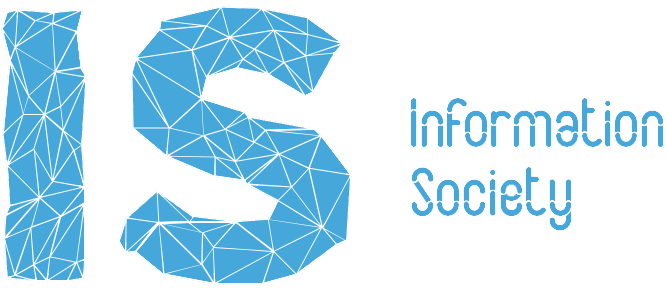Boštjan Šumak, Maja Pušnik and Darja Ivanuša Kline
Abstract
Artificial Intelligence (AI) is emerging as a powerful driver of inclusive digital education. This study examines how AI supports accessibility, personalization, and engagement, while also addressing the challenges of infrastructure, teacher readiness, and ethical use. Using a systematic review of literature and a structured inventory of AI tools, we analyzed benefits across students, teachers, and institutions. Findings show that AI enhances learning through assistive technologies, adaptive pathways, and teaching efficiency, but risks such as bias, privacy concerns, and unequal access remain. We conclude that AI can significantly advance equity in education, provided it is embedded in inclusive pedagogical frameworks and supported by responsible governance and teacher training.
